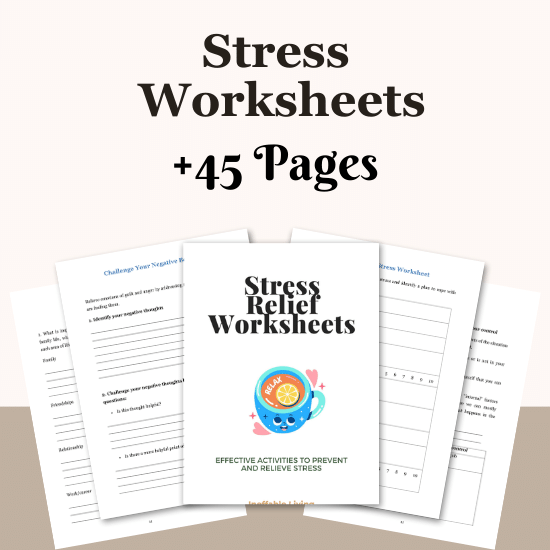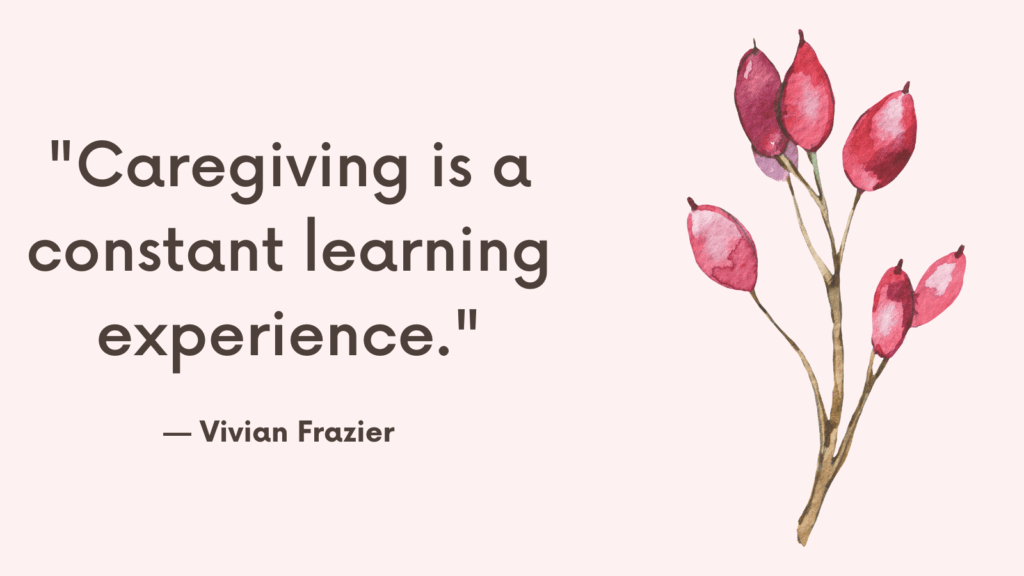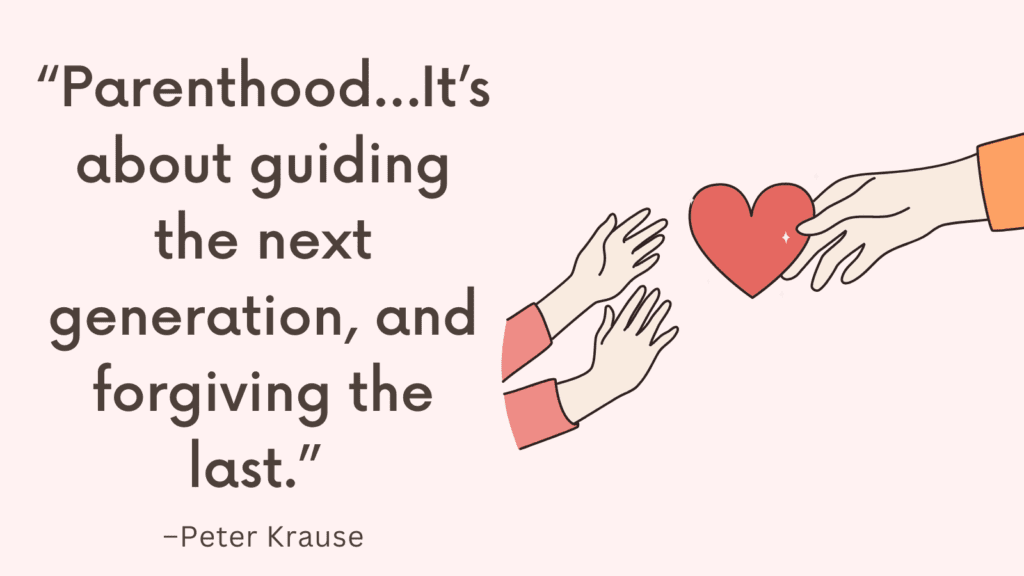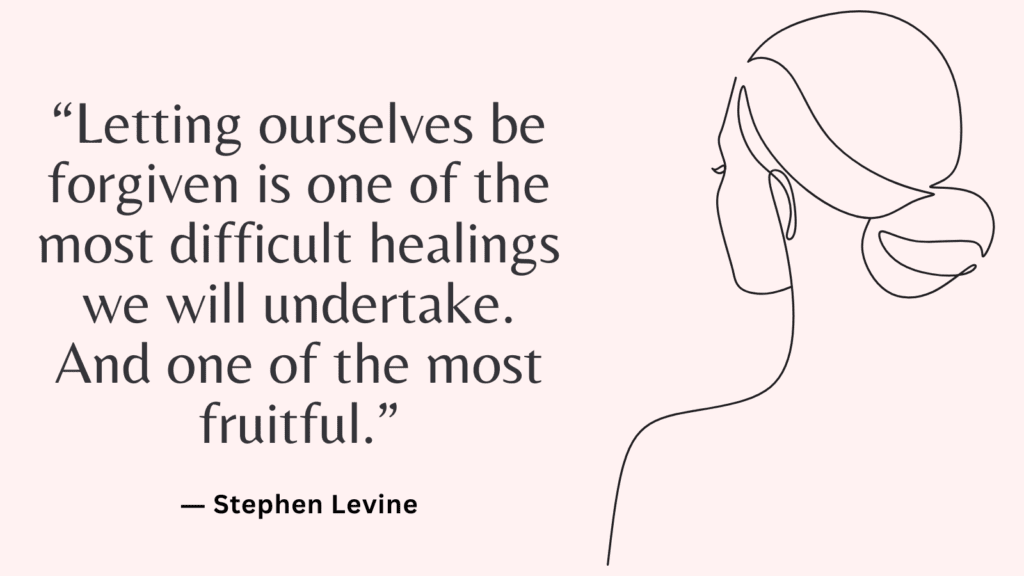Stress for single mothers often hides beneath responsibility, determination, and resilience. You may not notice how much pressure you’re carrying because “pushing through” becomes second nature. Yet, over time, the weight of stress quietly leaves its marks — not only on your mind, but also on your body. Recognizing these subtle signs is the first step toward protecting your well-being.
The Invisible Load of Single Motherhood
Single mothers often carry more than just the responsibilities of parenting. There’s emotional labor, financial pressure, decision fatigue, guilt, and the deep ache of having no one to lean on when you’re exhausted.
This kind of chronic stress doesn’t always scream — sometimes, it whispers through your body, your habits, your health.
Why the Signs Are Easy to Miss
You become good at functioning while overwhelmed. You learn to numb discomfort, suppress needs, and pretend you’re fine — because your children need you.
But beneath the surface, your nervous system may be running on overdrive, and the cost often shows up in ways that don’t look like a “mental health crisis.”
Related: Parenting Stress: How to Prepare for a Smooth Back-to-School Transition?
10 Signs Stress Is Quietly Affecting Your Health as a Single Mother
1. Constant Exhaustion
No matter how much you rest, fatigue lingers. Your body stays in survival mode, leaving you drained even after sleep. This isn’t just being “tired” — it’s stress wearing down your energy reserves.
2. Frequent Illness
Stress weakens the immune system. If you find yourself catching colds often, dealing with recurring infections, or taking longer to recover, it may be your body’s way of signaling overload.
3. Headaches and Muscle Tension
Carrying constant responsibility often shows up physically — in tight shoulders, clenched jaws, or pounding headaches. These aren’t random aches; they’re stress being stored in your body.
4. Sleep Disruptions
Even when you’re exhausted, stress can keep you awake. Racing thoughts, late-night worry sessions, or waking up restless are quiet indicators that your nervous system is struggling to switch off.
5. Digestive Upset
Stress hormones directly affect digestion. Stomachaches, bloating, or irregular bowel habits may not be “just food” — they could be signs your body is under prolonged strain.
Related: How to Deal With Mom Guilt When You’re Not Loving Motherhood?
6. Emotional Numbing
Sometimes stress doesn’t show up as anxiety or tears, but as a flatness — feeling emotionally distant, disconnected from joy, or simply going through the motions to survive.
7. Irritability and Short Fuse
You may notice yourself snapping at your children or feeling impatient more quickly. This isn’t because you’re a “bad mom” — it’s because stress shrinks your capacity to regulate emotions.
8. Forgetfulness and Mental Fog
When you juggle everything alone, your brain is constantly multitasking. Stress can cloud memory, focus, and clarity, making it harder to keep up with daily demands.
9. Loss of Interest in Self-Care
Skipping meals, neglecting exercise, or letting personal care slide are often quiet signs that stress is stealing energy you might otherwise invest in yourself.
10. Feeling Like You’re Always “On Edge”
Even small things can feel overwhelming — a spill, a bill, or a change in schedule. Living in a constant state of alertness makes you feel like you can never fully exhale.
Related: “Parental Guilt”: How to Navigate Guilt as a Parent or Caregiver?
Who’s Most Vulnerable
- Single mothers with little to no co-parenting support
- Those balancing work, school, and caregiving
- Single moms of children with additional needs
- Mothers navigating legal, immigration, or custody stress
Even the strongest women can be silently suffering from stress-related health decline.
How to Cope With Stress as a Single Mother?
1. Allow Yourself to Feel
Many single mothers push emotions aside to stay strong for their children. But unacknowledged stress only grows heavier. Giving yourself space to cry, journal, or talk releases pressure instead of bottling it up.
2. Simplify Where You Can
Carrying too much at once intensifies stress. Streamlining routines, lowering perfectionist expectations, or saying no to extra commitments helps lighten the load. Your worth isn’t tied to doing it all flawlessly.
3. Create Anchors in Your Day
Tiny grounding rituals — morning tea, evening reflection, or a short walk — can steady your nervous system. Even five minutes of predictability offers your body a sense of safety in the middle of chaos.
4. Build a Support Web
You don’t need a perfect village to feel supported. Whether it’s one trusted friend, a parent, or another single mom, leaning on even small pockets of help reminds you that you’re not alone.
5. Care for Your Body Gently
Skipping meals, losing sleep, and ignoring aches become easy when you’re focused on your kids. But your body is the engine running everything. Nourishing food, rest when possible, and small stretches protect you from burnout.
6. Reframe Negative Self-Talk
Stress often whispers that you’re failing. Catch these thoughts and replace them with kinder truths: “I am doing my best,” “My children need love, not perfection,” “Rest is part of strength.”
7. Make Space for Joy
Stress narrows your focus to survival. Intentionally weaving in moments of laughter, music, or small adventures with your children keeps life from being only about responsibility.
8. Plan for Breathing Room
Even tiny breaks matter. A short walk while your child naps, listening to an audiobook while cooking, or setting aside 10 minutes after bedtime can restore more than you realize.
Related: How to Recognize Stress in Children and Help Them Cope?
9. Focus on What’s in Your Control
As a single mother, many stressors — absent co-parents, financial strain, outside opinions — feel out of reach. Shifting focus to what you can influence builds resilience and steadiness.
10. Seek Professional or Community Help
Carrying everything alone is unsustainable. Therapy, support groups, or local resources for single parents can provide both emotional relief and practical tools for navigating stress.

Conclusion
For single mothers, stress rarely announces itself loudly — it weaves into your body, sleep, emotions, and energy until it feels normal. But noticing these signs matters, because your health is the foundation of both your strength and your children’s well-being. Recognizing stress as more than “just part of the job” is the first step toward reclaiming balance, care, and steadiness for yourself.



